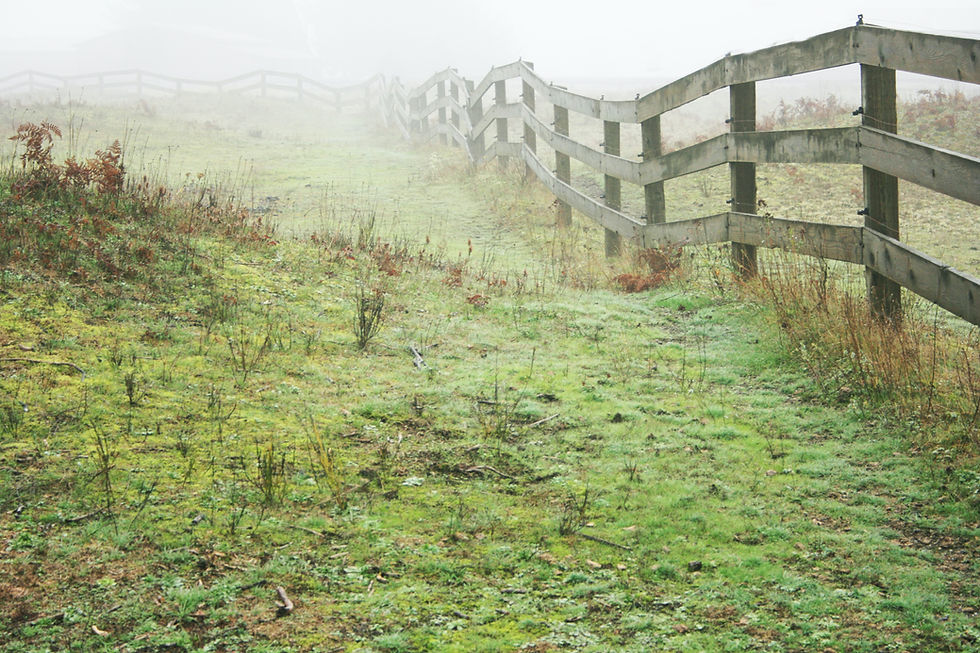
For a long time, it didn’t matter much to me whether I had autism spectrum traits. I didn’t think it impacted me other than to make me a little bit awkward, wary of people and averse to over-stacking my days with social functions. It worked fine to tell people about my introversion and leave it at that.
But when I decided to double-down on growing my business, I needed to fully understand where my baseline fell. I needed to know what my boundaries might be. I needed to stop myself from rushing headlong into becoming something I’m not.
I founded my business in 2021 and did great in the first year. I took whatever client came my way, no matter the type of work involved. And it was enough to prosper.
But in year two, I wanted to be more specific about the type of work that I did. I no longer wanted to be a Jill-of-All-Trades.
Then, as 2023 dawned, my client list ran thin. Rumors of recession abounded. I submitted proposals for five procurements and won only one of them. By March, I had just a single client left – with a budget that couldn’t come close to keeping up my half of the household expenses.
It was time to figure out how to position myself for sales.
I’d followed two experts who offer training programs on lead generation, and with deeper research (and an impressive free workshop), I selected one of them, a business accelerator. It wasn’t cheap. But it was time to invest in myself seriously if I was really going to make this business work.
As I completed my first call with the accelerator lead, it struck me that I could run as fast and hard at building my business as my energy would allow. I also knew my energy would not allow me to run very fast at all.
But why? Why did it seem existentially threatening to reach out to people and talk about the services I offer? My aversions were more than shyness, fear of rejection – even more than my fear of asking for help.
I’d been reading a lot about autism in the two prior months thanks to Lara Schaeffer’s LinkedIn connection request. I related to so much that I read; but other parts felt foreign to me, at least at first.
Take stimming, for example. I couldn’t think of any ways that I stimmed, until one afternoon, I caught myself pacing counter-clockwise around the room – like I always do, and like I've done since I was a toddler. Then I couldn’t unsee all the ways I stim.
How much else couldn’t I see?
I decided to go through Lara’s diagnosis process because, going into the business accelerator program, I needed to know exactly who I am. I needed to see my needs clearly and how I might care for them, because after years of denying so many aspects of myself, I honestly didn’t know.
Put simply, I needed outside help to get to the core of my identity so I could give myself the support I’d long denied I needed.
The calendar lined up disconcertingly well. My first session with Lara happened three days before the Kickstart Week for the accelerator program. By Friday of Kickstart Week, I had a diagnosis: I am autistic through and through.
And that meant I needed to give myself plenty of grace to find my own way, to avoid making myself into something I’m not which would drain me of the energy I needed to stay centered and prevent overwhelm – to stop me from burning out and quitting my own business.
Knowing about my autism helped me find a way to voice my needs in the accelerator program. With this knowledge, I have more freedom to innovate and experiment – even to fail, if that’s what it takes to honor my needs. Best, it has given me some clear ideas about how to optimize how I expend my energy without feeling guilt or comparing myself to others.
Because I’m not like others.
I am fabulously me.
If you are on the fence about seeking a diagnosis, especially if you’ve self-diagnosed quietly over the years, trust yourself to take that next step. It can free you from a lot of old beliefs and speed up your ability to define life on your own terms.
It is worth it.

Comments